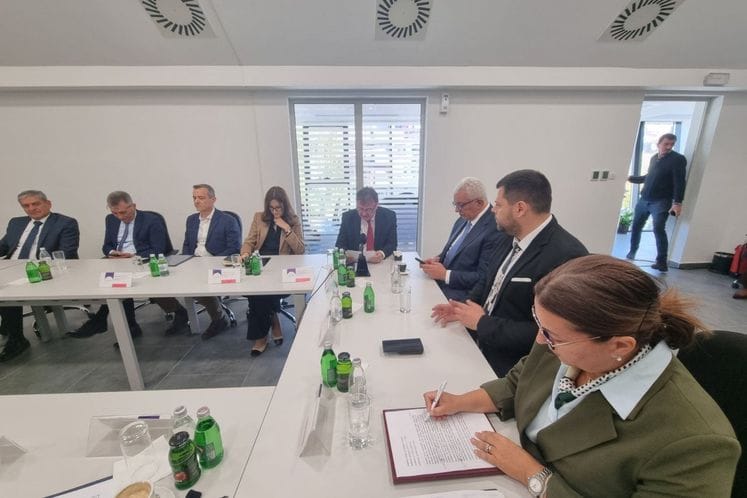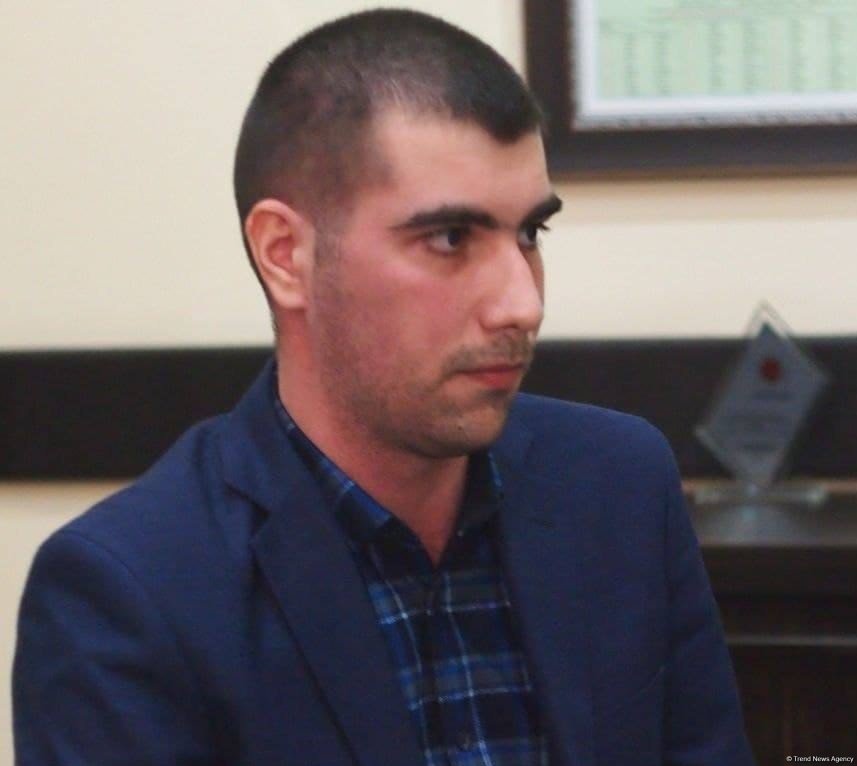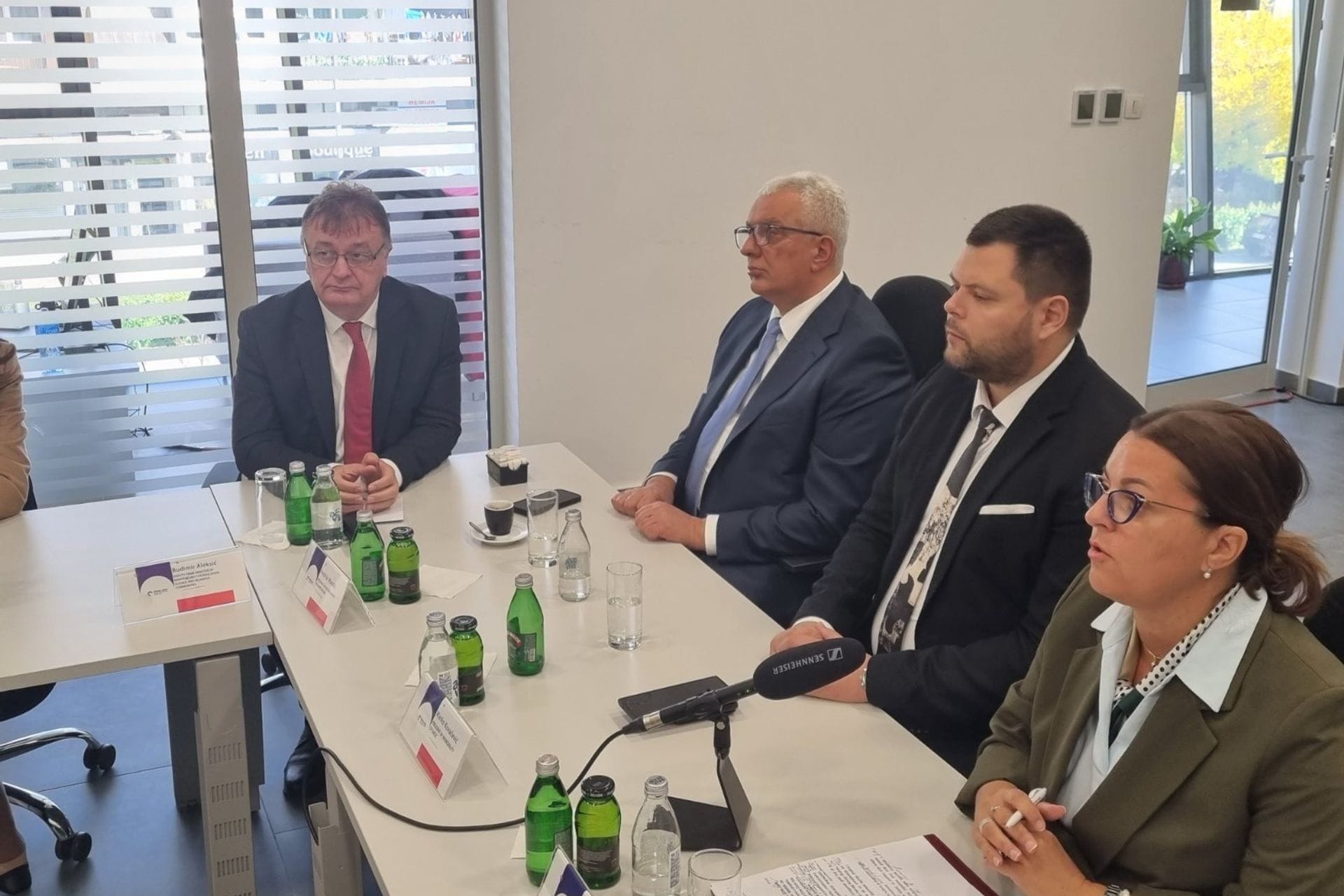BAKU, Azerbaijan, October 14. Deputy Prime Minister for Education, Science and Relations with Religious Communities of Montenegro Budimir Aleksić took part in the roundtable discussion “Capacity for the Implementation of the Project Nikšić 2030 – European Capital of Culture: Political, Institutional and Financial Sustainability and National Relevance”, Trend reports.
Deputy Prime Minister Aleksić spoke about the relevance of this project for Montenegro’s education system, highlighting the interconnection between culture and education as key areas of social development.
Culture is not merely an aesthetic or entertaining dimension of life – it is also a powerful educational resource. Through cultural content, students at all levels develop critical thinking, emotional intelligence, creativity and a sense of belonging to their community. For this very reason, this project represents a tremendous opportunity for cultural content to be perceived not as an addition to education, but as an integral part of it, said Aleksić.
He added that schools in Nikšić, as well as throughout Montenegro, could seize this opportunity to enhance their work through various models: cooperation with artists and cultural institutions, organisation of workshops, exhibitions and theatre performances, and, above all, through the active and comprehensive involvement of students and teachers at all levels of education in research and creative processes.
Nikšić, as the European Capital of Culture, will be at the centre of European attention, and our education system, through this project, can step beyond the classroom and become visible in the public sphere as an active driver of cultural development within the community, explained Deputy Prime Minister Aleksić.
He emphasised that one of the greatest values of this project lies in its long-term impact.
The involvement of our education system in this project should not be seen as a privilege or luxury, but as a necessity. If we want an education system that nurtures free, creative, empathetic and engaged individuals, we must open the doors of schools to culture – and this project is undoubtedly the best opportunity for such a societal leap forward. This is not merely an opportunity for culture; it is an opportunity for the entire education system of Montenegro, concluded Aleksić.









